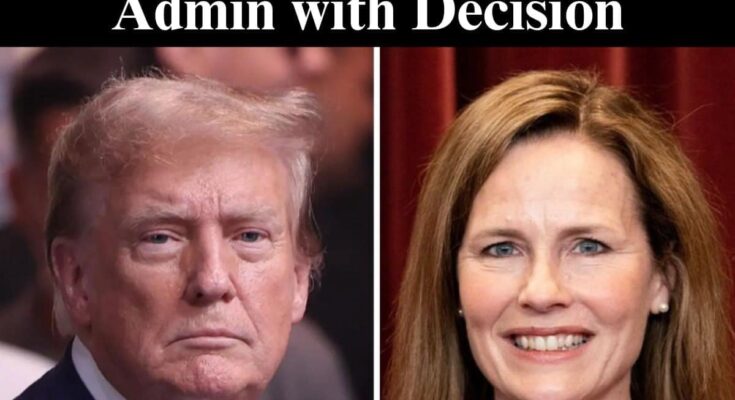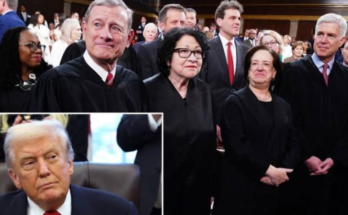A challenge by civil and voting rights organizations to overturn Pennsylvania’s mandate that mail-in ballots have a handwritten date on the outer envelope has been denied by the Supreme Court.
The organizations contended that the requirement is superfluous and has resulted in legitimate ballots being disqualified. Rejecting the argument that the requirement violated federal law, which forbids discarding ballots for paperwork errors that are “not material” to determining a voter’s eligibility, the justices declined to review a lower court decision that upheld the requirement.
The 3rd U.S. Circuit Court of Appeals, located in Philadelphia, decided in 2024 that although the date requirement “serves little apparent purpose”—since it isn’t used to confirm whether a ballot was received on time—it is still legal. The court reasoned that the 1964 Civil Rights Act does not apply to the manner in which a ballot must be turned in in order for it to be counted, but rather to the voter registration laws that determine eligibility to vote.
Last year, Pennsylvania, a crucial swing state in presidential elections, was once again crucial. Four years after losing to then-President Joe Biden, now-President Donald Trump won the state in November over Democratic opponent and former Vice President Kamala Harris.
The rule in question affects Pennsylvania mail-in voters, who must put their completed ballot in an outer return envelope after placing it in a secrecy envelope. Voters must sign and date a declaration confirming their eligibility to vote on the return envelope.
In 2022, the American Civil Liberties Union represented plaintiffs, including the Pennsylvania State Conference of the NAACP, in a lawsuit against state and county election officials under the Civil Rights Act’s materiality clause.
This provision forbids the denial of a vote “because of an error or omission on any record or paper relating to any application, registration, or other act requisite to voting if such error or omission is not material in determining whether such individual is qualified under state law to vote.”
At first, a federal judge decided in the plaintiffs’ favor, holding that the date requirement had no bearing on whether a ballot was timely or whether a voter met the requirements. The plaintiffs then appealed to the Supreme Court after the 3rd U.S. Circuit Court of Appeals reversed that ruling.
In a filing, the plaintiffs told the Supreme Court that although there is no question about the “total lack of relevance” of a date on the outer ballot envelope, Pennsylvania’s rule is causing “the needless disenfranchisement of thousands of voters each election, especially seniors of all political stripes,” according to Reuters.
Lawyers for the state Republican Party and the Republican National Committee, who stepped in to support the envelope date requirement, urged the Supreme Court to reject the appeal. According to their filing, the plaintiffs were contesting voting regulations that were “designed to prevent fraud and protect the integrity of elections.”
The Pennsylvania Supreme Court clamped down on what seemed to be an attempt by Democrat-run counties to count ballots that the court and state law had previously ruled were unlawful and, thus, could not be counted a week after the November elections.
In the midst of a close contest between incumbent Democratic Sen. Bob Casey and GOP opponent Dave McCormack, in which the AP called for the Republican, Democratic officials in Bucks County and elsewhere announced their intention to count ballots that did not adhere to the state’s established legal standards. This prompted the order.
At the time, Democratic Bucks County Commissioner Diane Ellis-Marseglia voted to count ballots in which voters failed to sign the two legally required signatures on the outside of the ballot, saying, “I think we all know that precedent by a court doesn’t matter anymore in this country.” “Anytime they want, people break the law. If I break this law, I do so because I want the court to take notice. Vote counting is the most important thing.
The issue was eventually resolved, and the counties stopped tallying ballots that were judged unlawful.



